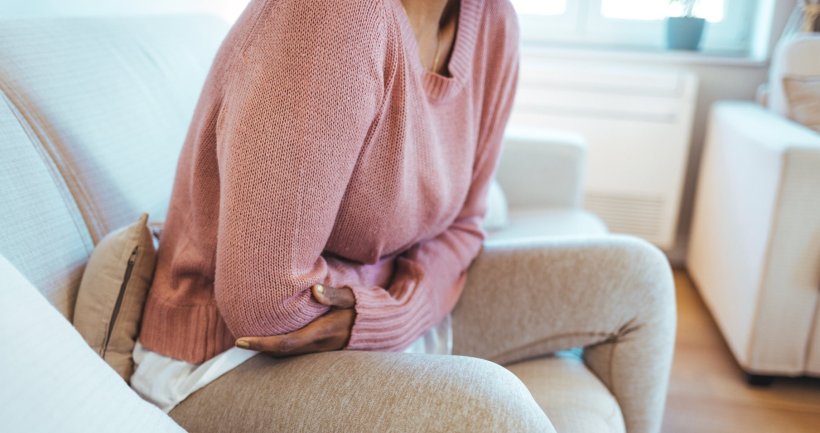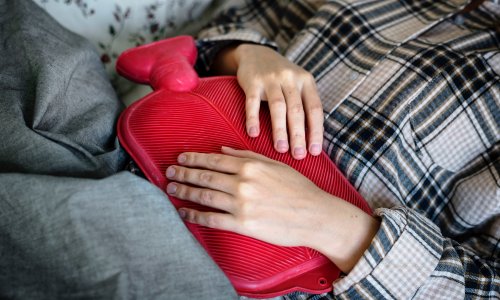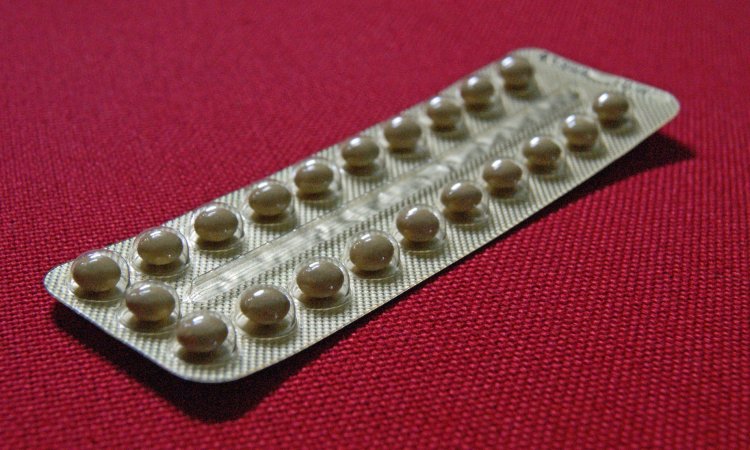
© Dragana Gordic - stock.adobe.com
News • Research on dysmenorrhea
New study links depression to period pain
In a new study, researchers from China and the UK have found that depression can increase the chances of a person experiencing menstrual pain (dysmenorrhea).
Shuhe Liu, lead author of the study published in Briefings in Bioinformatics and a PhD student at Xi’an Jiaotong-Liverpool-University (XJTLU) and the University of Liverpool says: “We used a specialised technique called Mendelian randomisation to analyse genetic variation and identify specific genes that may mediate the effect of depression on menstrual pain. Our findings provide preliminary evidence that depression may be a cause, rather than a consequence, of dysmenorrhea as we did not find evidence that period pain increased the risk of depression.”
Our findings emphasise the importance of mental health screening for people who suffer from severe menstrual pain. We hope this can lead to more personalised treatment options, and improved healthcare, and reduce the stigma surrounding the conditions
Shuhe Liu
The team analysed approximately 600,000 cases from European populations and 8,000 from East Asian populations and saw a strong link in both datasets. They also investigated the possibility that sleeplessness, often experienced by those suffering from depression, was a significant mediator between depression and dysmenorrhea. “We found that increased sleep disturbances could exacerbate menstrual pain. Addressing sleep issues may therefore be crucial in managing both conditions. However, more research is required to understand the intricate links between these factors,” says Liu.
This study further highlights the need for a holistic approach when treating mental health and reproductive issues. Liu says: “Mental disorders are often not considered when treating conditions such as period pain. Our findings emphasise the importance of mental health screening for people who suffer from severe menstrual pain. We hope this can lead to more personalised treatment options, and improved healthcare, and reduce the stigma surrounding the conditions. Our results provide evidence of a link between our neurological systems and the rest of the body. By exploring and understanding these relationships better, we can make a real difference to the millions of people experiencing period pain and mental health issues.”
Liu is supervised by Professor John Moraros and Dr Zhen Wei from XJTLU, China and Dr Dan Carr from the University of Liverpool, UK. Dr Dan Carr said: “This work is one of many fantastic examples of collaborative research between the University of Liverpool and XJTLU. It sheds new light on the relationship between depression and period pain which could ultimately help to improve patient treatments and outcomes.”
Source: University of Liverpool
30.11.2024





